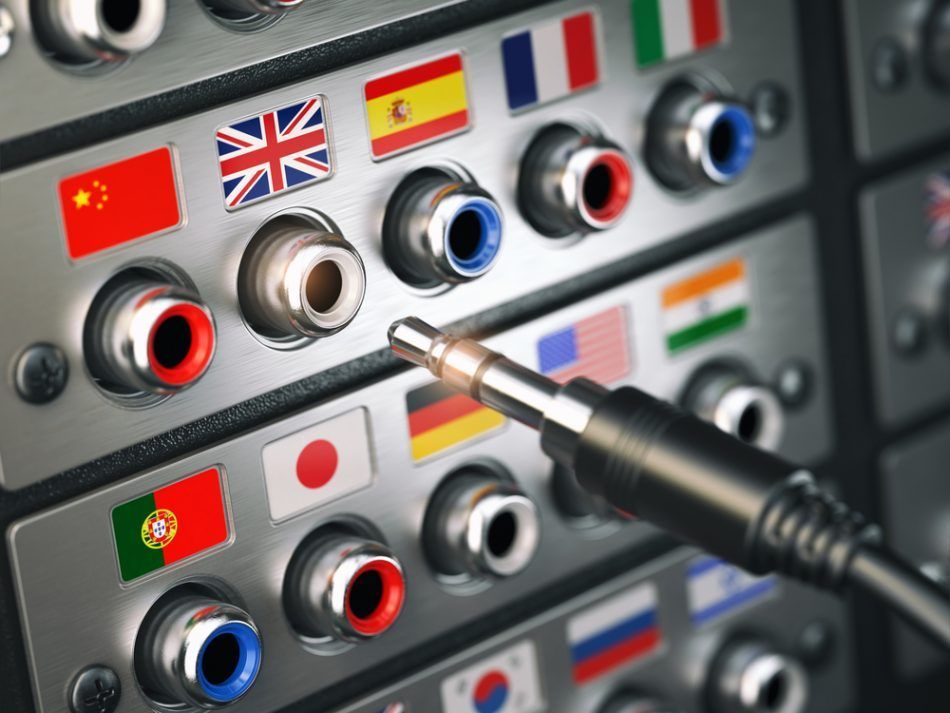December 19, 2016 | Industry Insights
Using Guerilla Linguistics in Negotiations with Foreign Countries

In the transportation and logistics industries dealing with counterparts in companies overseas is an inherent part of international trade and our global supply chain. Negotiating shipping terms and conditions and other agreements can be a little tricky when there are language barriers. International trade consultant John Freivalds says to try using “guerilla linguistics” – a small set of foreign phrases – to improve your negotiation position and make an impression when dealing with foreign entities. The key, however, is knowing the right words. “Hola” and “bon jour” aren’t going to cut it. Freivalds says to find one or two phrases that are commonly used in business conversations in that country, learn their pronunciation, and become familiar with the contexts in which they can be used. Then look for the right moment to slip them into the conversation.
For example, in Freivalds’ article, “Guerilla Linguistics: How a Small Set of Foreign Phrases Can Make a Large Impression,” he cites an American businessman who made the comment, “C’est pas evident” in reaction to a proposal. “This phrase, which is acceptable spoken only in French, cast doubt on the effectiveness of a strategy or the feasibility of a project.” His correct use of it favorably impressed his French counterparts. Another example cited in the article is when a Japanese businessmen threw in the phrase, “That’s in the ballpark” at an appropriate time in price negotiations. The Americans were impressed knowing that the men only spoke Japanese.
Such phrases Freivalds believes not only give a favorable impression but also leave your counterparts guessing how much of their language you actually understand and wondering if you had overheard something you shouldn’t have, keeping them off balance.
However, not everyone is on the “guerilla linguistics” bandwagon. For some picking up another language, even a few words, is difficult…they simply don’t have an ear for it. Those who are exposed to other languages and other cultures (like Freivalds, by the way) have an easier time picking up phrases and knowing how to use them in the right context. Also, some wonder how well this tactic would work in an ongoing business relationship as opposed to a one-shot meeting or negotiation. As one article put it, “Although guerrilla linguistics may bring momentary success, the tactic is only temporary and probably works best for someone who has much global experience and speaks several languages.”
Of course, knowing a couple of phrases doesn’t replace getting a good background briefing on the culture and business customs of the country in which you plan to transact business or for developing your overall “cultural intelligence” through training and experience.
If you are going to give guerilla linguistics a go, Freivalds suggests asking a native speaker in the country to give you a list of suggested phrases and then check the list with a second source. Then choose a few phrases likely to be relevant to the type of meeting you expect and practice the pronunciation. Learn the facial and hand gestures that might go along with delivering selected phrases. Do not be caught delivering a skeptical phrase with positive hand gestures and body language.
Also, be aware of nuisances and differences within the same language. For example, using a phrase in Spanish in a business meeting in Spain may not translate the same way when conducting business in Mexico or Argentina. There are words and phrases that have completely different meanings even though they are all Spanish-speaking countries. For example, in Mexico, “la grilla” can be used to describe the way local business practices relate to government rules and officials. In Spain, “la grilla” strictly refers to a “barbecue.”
Source: Global Trade 101, MTM LinguaSoft













